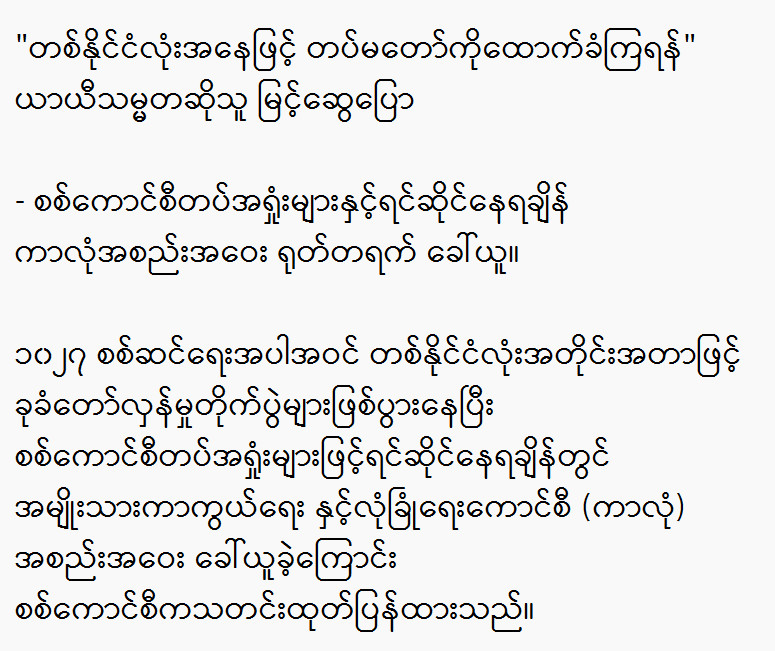
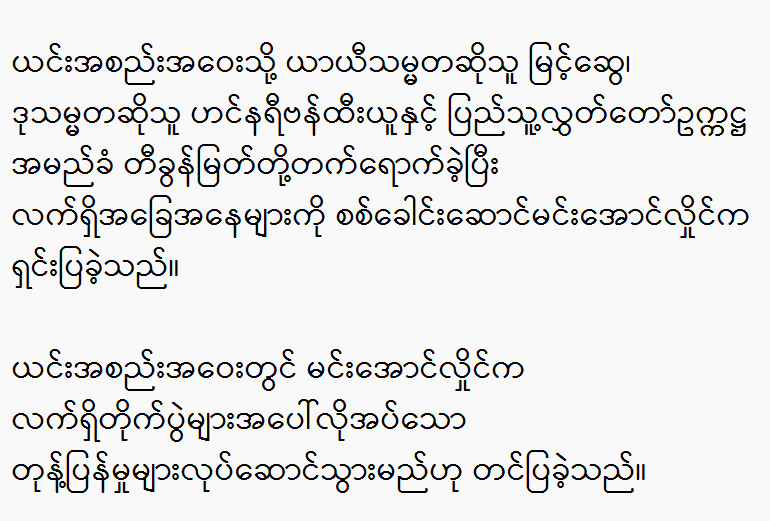
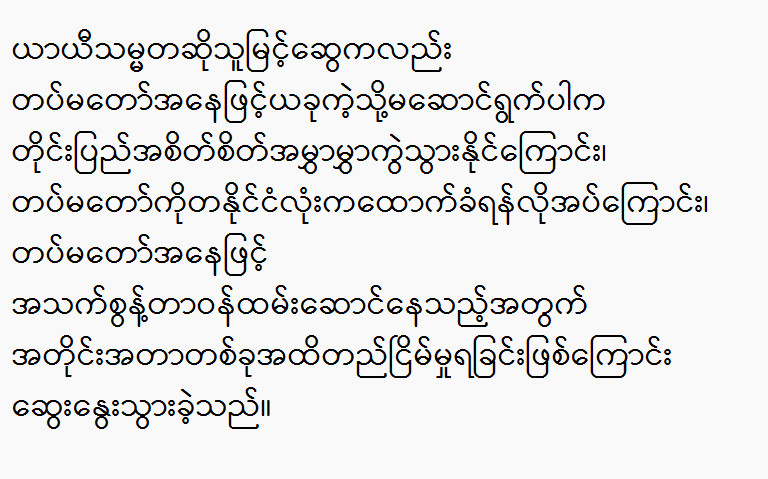
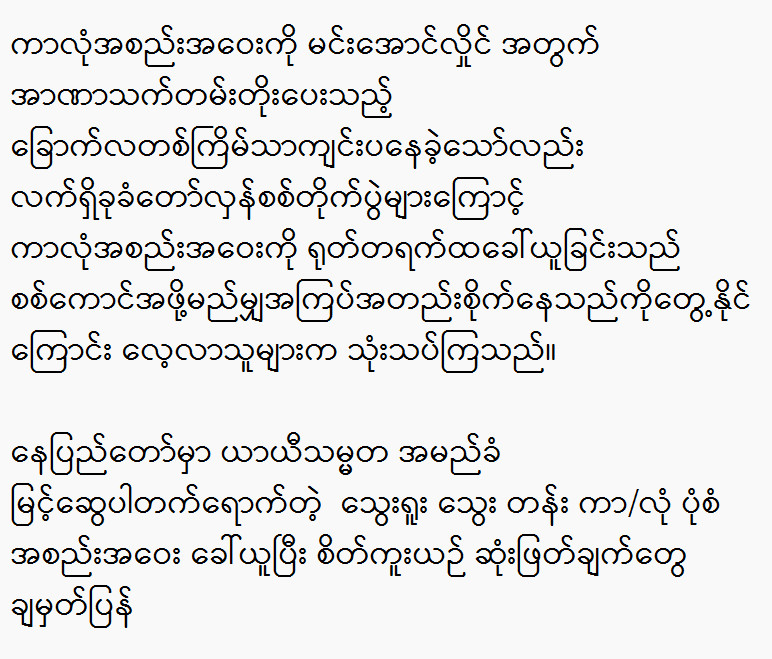
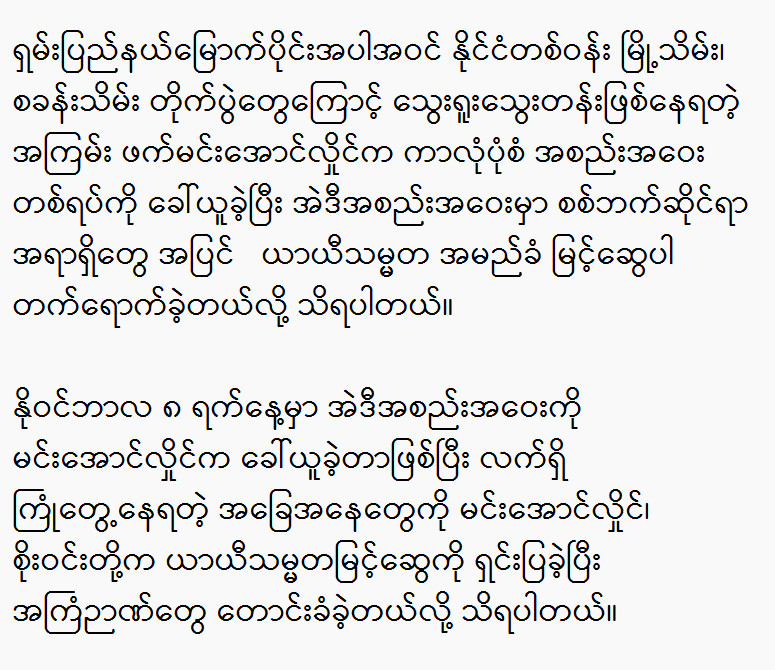
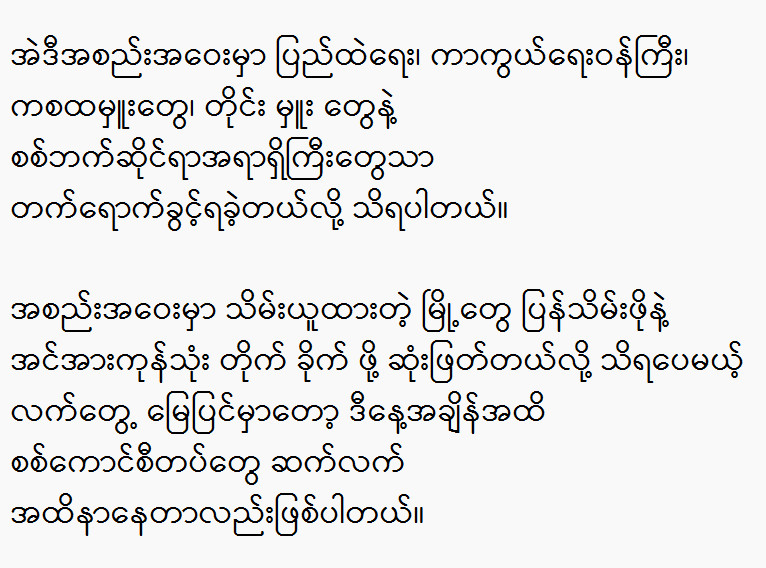
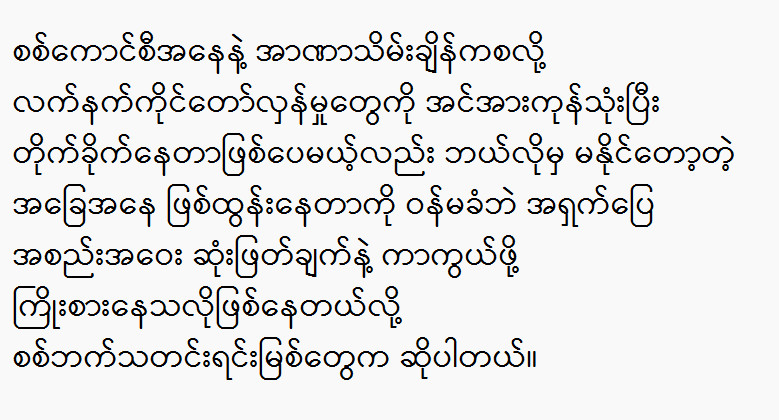
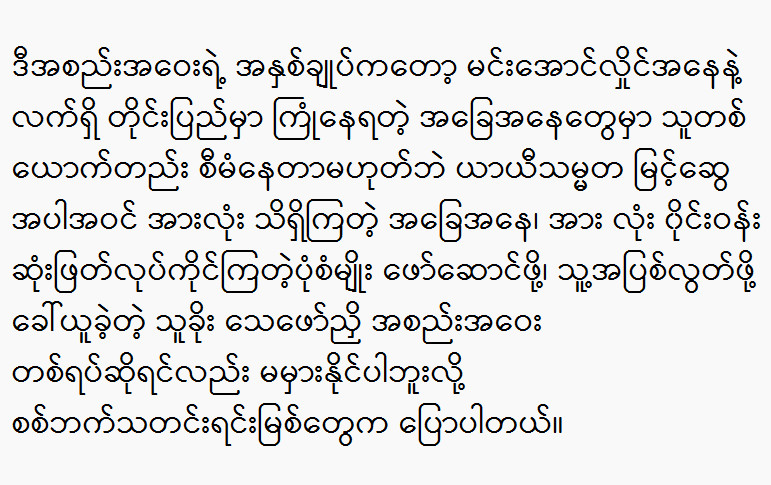
Mobile technology enables adaptive literacy platforms that assess scholars’ capacities and learning styles. By assaying data from scholars’ relations, these platforms knitter educational content to match individual strengths and sins. individualized literacy paths empower scholars to progress at their own pace, buttressing generalities they struggle with and furnishing advanced accoutrements for those who exceed, leading to a more effective and effective literacy experience.
Mobile technology equips preceptors with tools to enhance their tutoring styles and classroom operation. Educational apps help preceptors produce interactive assignments, conduct real- time assessments, and give instant feedback to scholars. also, mobile bias grease collaboration among preceptors, enabling the sharing of stylish practices, coffers, and tutoring strategies. Online platforms and mobile apps also offer professional development openings, allowing preceptors to stay streamlined with the rearmost educational trends and methodologies.
AR and VR technologies offer immersive literacy gests that bring abstract generalities to life. Virtual field passages, 3D modeling, and interactive simulations allow scholars to explore literal spots, anatomize virtual organisms, or immerse themselves in literal events. These technologies enhance existential literacy, making complex subjects more palpable and engaging.
The integration of mobile technology in education has converted the way scholars learn and preceptors instruct. Smartphones, tablets, and other mobile bias have come important educational tools, breaking down traditional walls and fostering innovative, interactive, and substantiated learning gests . In this composition, we will explore the vital part of mobile technology in education, examining how it empowers both scholars and preceptors to enhance the literacy process.
Mobile technology has normalized education by adding access to literacy coffers, especially in remote or underserved areas. Educational apps,e-books, and online courses are readily available, allowing scholars to engage with educational content anyhow of their position. For scholars with disabilities, mobile bias offer customizable availability features, icing an inclusive literacy terrain acclimatized to individual requirements.
Mobile technology has revolutionized education by empowering scholars and preceptors likewise. By furnishing accessible, interactive, and substantiated learning gests , mobile bias have come catalysts for educational invention. The integration of mobile technology in education not only prepares scholars for the digital future but also equips preceptors with important tools to enhance their tutoring styles and produce engaging, inclusive literacy surroundings. As technology continues to advance, the part of mobile technology in education will only expand, opening new midairs for literacy and tutoring excellence.

